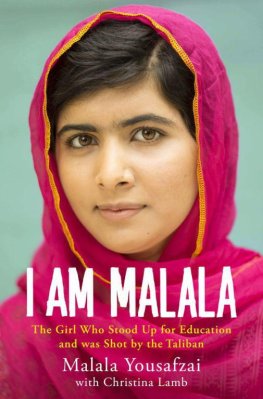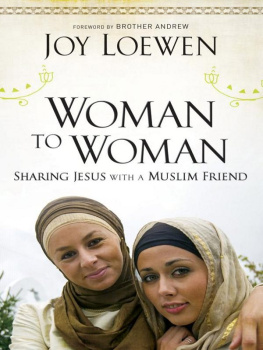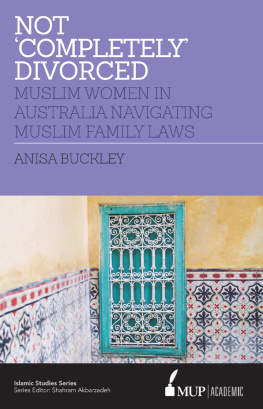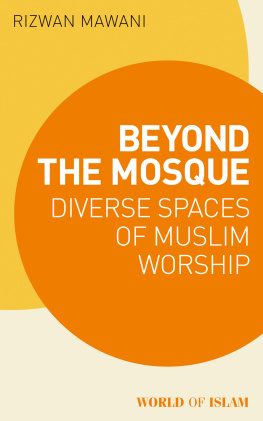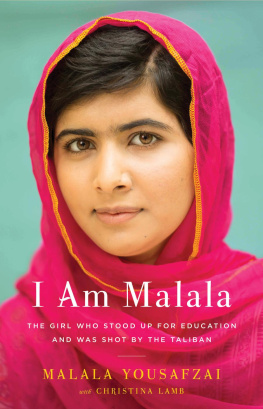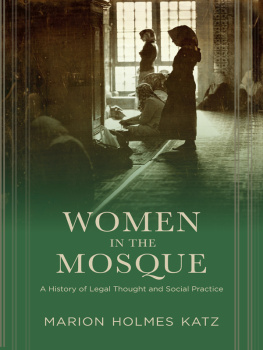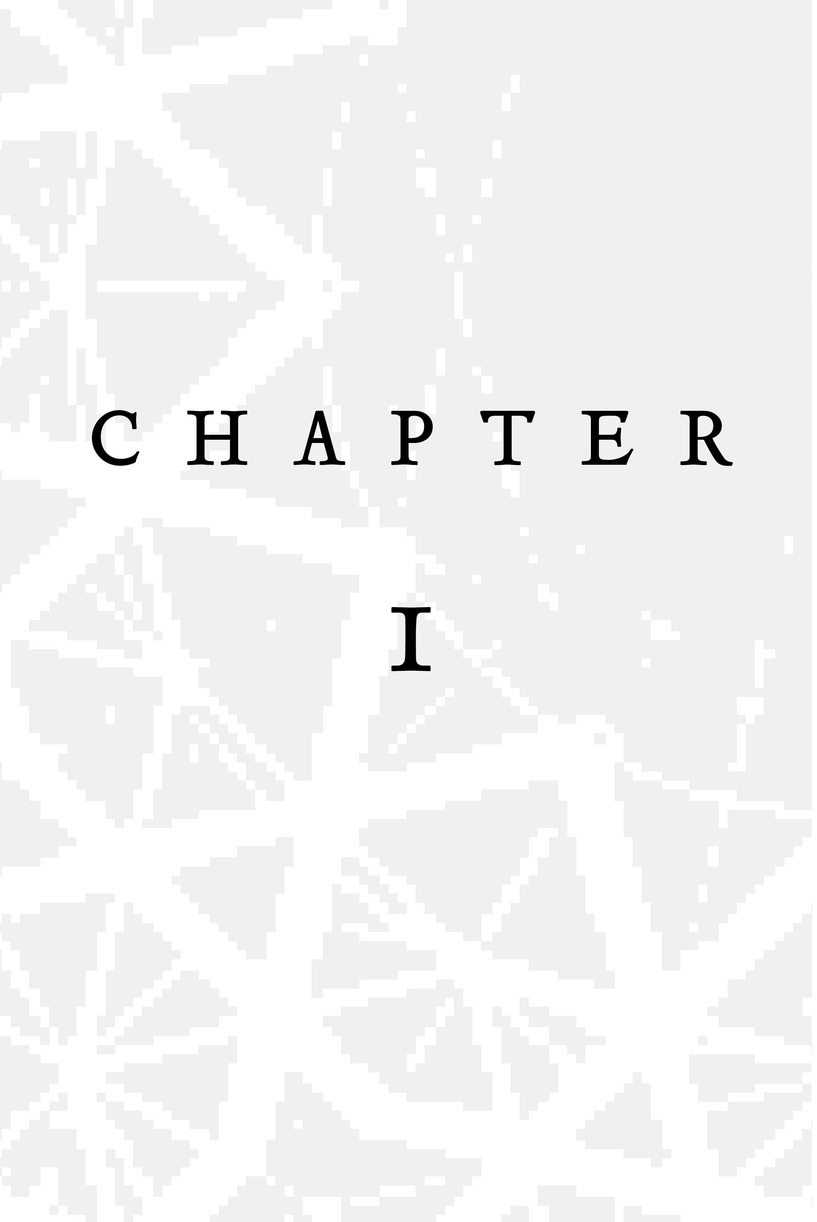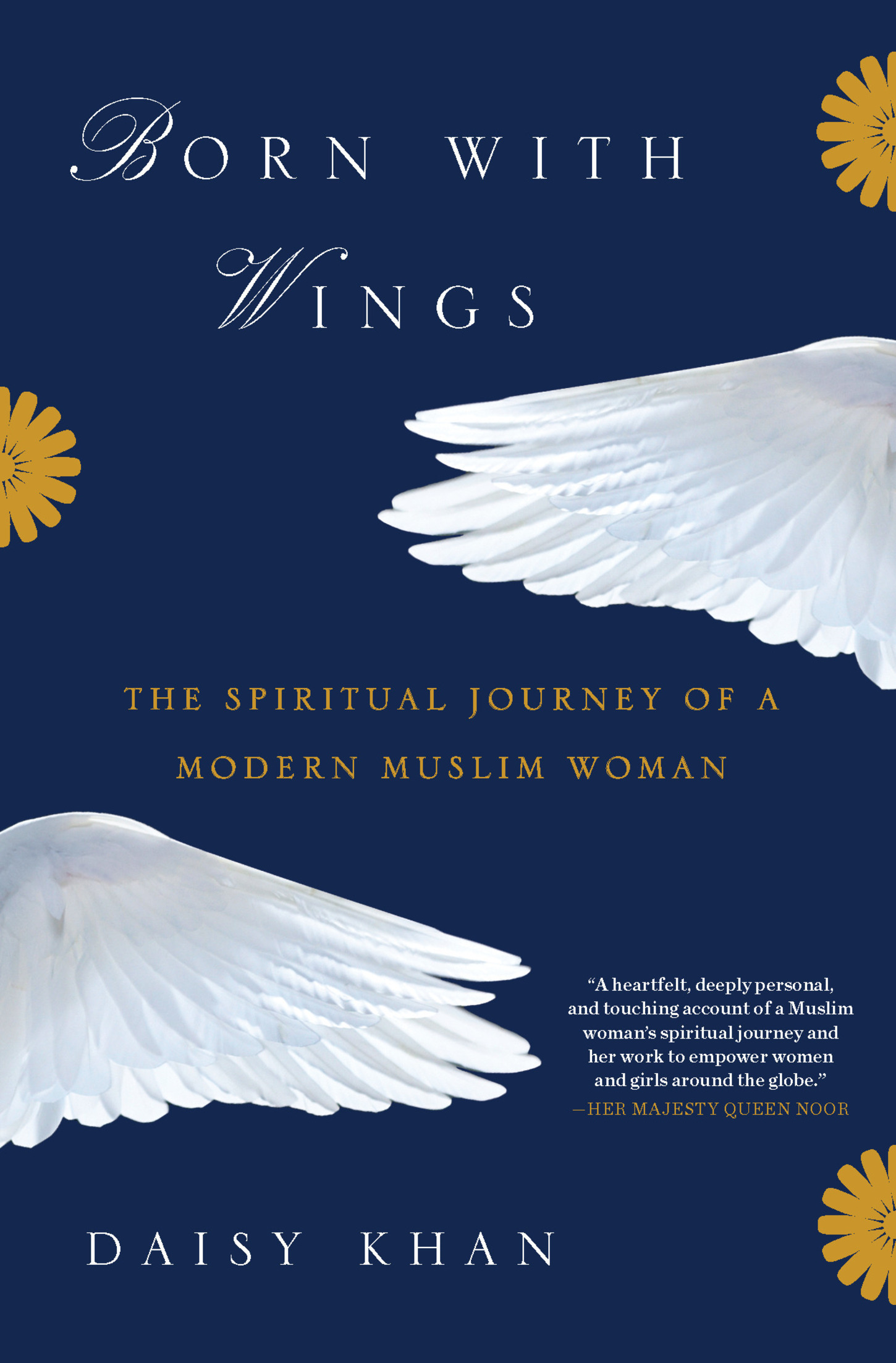
P RAISE FOR
Born with Wings
Born with Wings is the powerful, moving story of a womans spiritual growthand of her trailblazing work on behalf of Muslim womens rights. With drama, poignancy, and urgency, Daisy Khan pulls the reader in and never lets go. A gripping, fascinating, and important read.
Marie C. Wilson, former president of the Ms. Foundation for Women and The White House Project
Daisy Khan is an agentan angelof change. She has written a colorful, humane memoir with clear-eyed, scripture-based determination. Her clarion message arrives when the world is rife with anti-Muslim rhetoric. But beyond the scope of any faith tradition, it joins an epoch-defining chorus of womens narratives. We must listen.
Ambassador Swanee Hunt, Eleanor Roosevelt Lecturer in Public Policy at Harvard Kennedy School; founder of Inclusive Security
Born with Wings is the story of a loving partner, a strong feminist, a Muslim leader, and a great American. Daisy Khan, to paraphrase Rumi, has untied her wings and freed her soul, so that all who read her may fly up like doves.
Rabbi Burton L. Visotzky, author of Aphrodite and the Rabbis
Knowing Daisy Khan is to know what the future leaders will have to offer us. The wisdom of Daisy Khan becomes apparent as you read her excellent, moving book. Her life story is one of beauty and struggle, effectiveness and tension. She will be written about in history as one of the first Muslim women to give leadership to the United States. Daisy opens our eyes to the reality of the Muslim world in our time. She brings to us all a feminine gift marked by tenderness, passion, intelligence, and strength. She is a blessing to us all by virtue of her gift of faith.
Rev. Dr. Joan Brown Campbell, author of Living into Hope
Daisy Khans new book is a must-read for anyone who cares about womens rights. This memoir is a touching tale of growth and discovery that shows a side of Islam that is rarely seen today. She does not shy away from the darker side of a patriarchal faith, and she guides you through her journey of finding her own power inside that system. It is a beautiful story of spirituality and humanity.
Anat Hoffman, chair of the board for the Women of the Wall and executive director of the Israel Religious Action Center
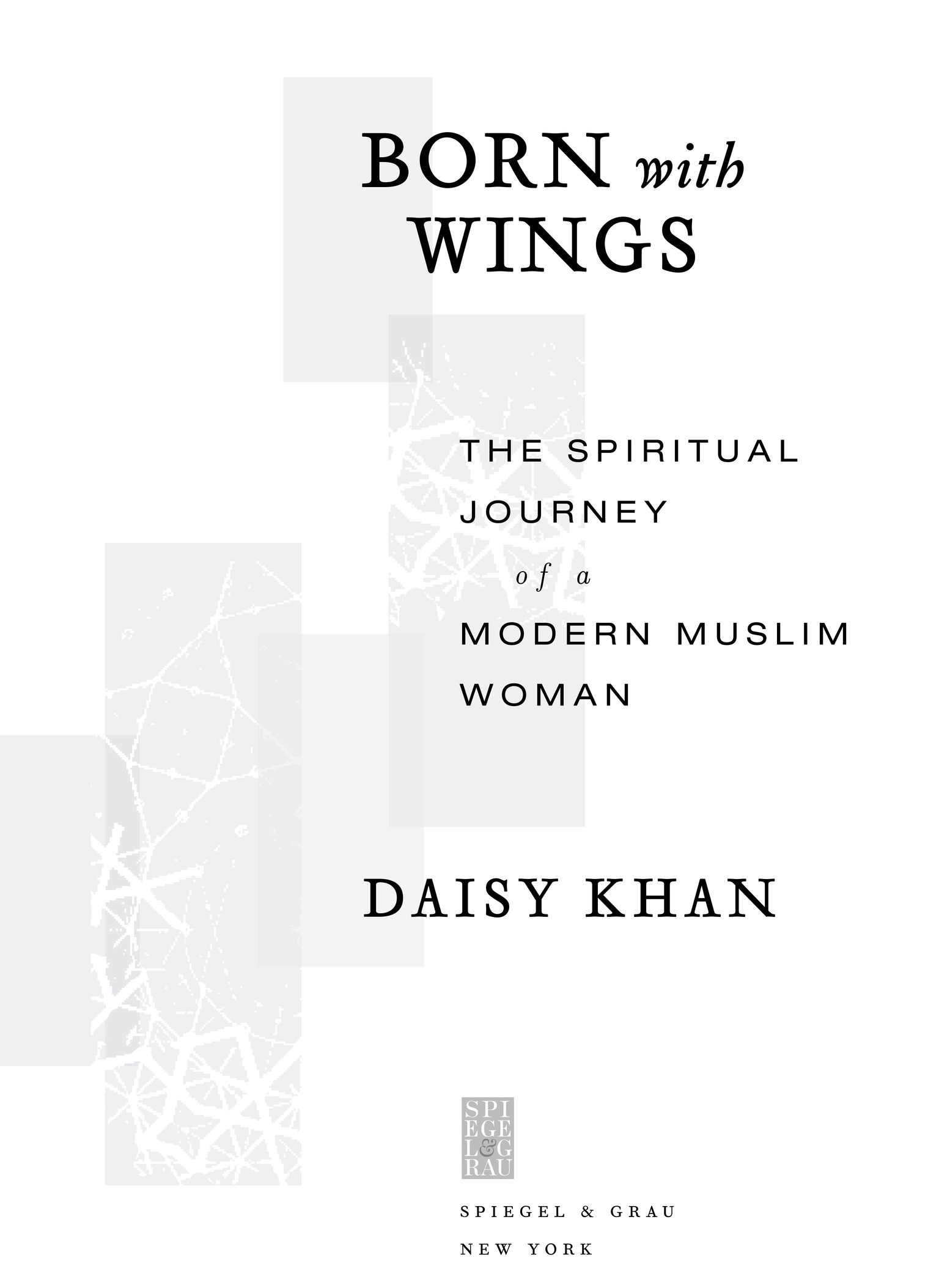
Born with Wings is a work of nonfiction. Some names and identifying details have been changed.
Copyright 2018 by Daisy Khan
All rights reserved.
Published in the United States by Spiegel & Grau, an imprint of Random House, a division of Penguin Random House LLC, New York.
S PIEGEL & G RAU and Design is a registered trademark of Penguin Random House LLC.
Grateful acknowledgment is made to the following for permission to reprint previously published material:
G ULSHAN B OOKS: Excerpts from Daughters of the Vitasta by Prem Nath Bazaz. Reprinted by permission of Gulshan Books, Kashmir.
K ABIR H ELMINSKI AND C AMILLE H ELMINSKI: Excerpts from three poems by Rumi, translated by Kabir Helminski and Camille Helminski. Reprinted by permission of the translators.
B EHROOZ K ARJOO: Translation of Rubaiyat (Quatrain #1) by Ab-Sad Abul-Khayr by Behrooz Karjoo. Reprinted by permission of the translator.
M ARTHA P OSTLETHWAITE: Clearing by Martha Postlethwaite. Reprinted by permission of the author.
L IBRARY OF C ONGRESS C ATALOGING-IN- P UBLICATION D ATA
N AMES: Khan, Daisy, author.
T ITLE: Born with wings: the spiritual journey of a modern Muslim woman / by Daisy Khan.
D ESCRIPTION: New York: Spiegel & Grau, 2018.`
I DENTIFIERS: LCCN 2017051900 | ISBN 9780812995268 | ISBN 9780812995275 (ebook)
S UBJECTS: LCSH: Muslim womenReligious life. | Islam. | Khan, Daisy.
C LASSIFICATION: LCC BP188.3.W6 K43 2018 | DDC 297.092 [B]dc23 LC record available at https://lccn.loc.gov/2017051900
Ebook ISBN9780812995275
randomhousebooks.com
spiegelandgrau.com
Book design by Barbara M. Bachman, adapted for ebook
Cover design: Alex Merto
Cover photograph: Walker and Walker/Getty Images
v5.2
ep
Contents
Y OU WERE BORN WITH WINGS.
W HY PREFER TO CRAWL THROUGH LIFE?
Rumi
PROLOGUE
I am about three years old, and my father is teaching me to box on the front lawn of our house in the shadow of the Himalayas. Yesterday, I ran home crying that I had been bullied by a bigger child. Now I am standing barefoot in boys shorts as Papaji approaches me with a big smile, dangling a pair of shiny red boxing gloves with white laces. The gloves are almost as big as I am. He puts them on me and shows me how to punch:
Left! Right! Jump up! Jump back! Duck! Lean into it! If anyone tries to bully you, stand up for yourself and, if necessary, punch them in the nose! Papaji instructs as he pretends to be felled by my wobbly left hook.
My mother is scandalized at the idea of her daughter fighting or even fighting back. In Kashmir, girls do not pack punches. But Papaji says to her, Ill turn her into a tomboy. She will always be a girl, but I can still have the boy I want.
I want to make my papaji proud. I struggle to put the gloves on and throw dutiful practice punches. I treasure the gloves, because they mean my father has confidence in me, and I keep them in a place of pride in my room. The thought of having a real fight and using the gloves as they were intended never occurs to me. But even as a very young girl, I know that the gloves are speaking to me. You are one thing, they say, but you have the potential to be something else. You need to be somebody else. Would throwing punches that please my papaji be the thing that could turn me into a greater, more powerful me? Or into someone else entirely? I peer into the mirror. A small brown-haired girl looks back. Then there is my mother, who frowns in her gentle way every time I put on the gloves.
And I do put on the red gloves. Yes, Papaji.
I wear them when I come to America for my education.
I wear them when I move out of the womb of my uncles house to start my career.
I wear them when I write a protest letter to Newsday from my college campus.
I wear them when I refuse an arranged marriage to a prince and marry an imam instead.
I wear them when I feel the burden of what it means to be a Muslim woman.
I wear them when I challenge leaders who define our faith with archaic attitudes.
I wear them when I help convince an old woman to stop cutting girls on a filthy table and bring a new light into her life.
I wear them when I unite Muslim women to take back rights that have been stripped away over the centuries.
I wear them to convince imams to issue a fatwa against child marriage.
I wear them to honor my faith.
Finally, I wear them to fight the extremists among members of my own faith.
In fact, since that day in the yard in Kashmir, I have never taken off those red boxing gloves. I have quietly passed them along to my sisters around the world.
We are here; now we must reach there.
This book is about that journey.
When I imagine my birth, in my minds eye, it is a joyful occasion. I see a dark-haired newborn snuggled in her young mothers arms while her loving grandmother hovers over the birthing bed, cooing and strutting. Her father is proud, her mother beaming. Downstairs, the rest of the family is celebrating. The servants prepare a feast. In a trunk, there is a fine layette for the infant: There is a frock made of soft muslin cloth, fabric as delicate and transparent as butterflies wings, with smocking tracing the fluttering hemline. There are hand-knitted booties, caps the size of flowers, and a blanket, along with a velvet box of jewels, gold coins, chains, and twenty-two-karat baby bracelets and earrings.


